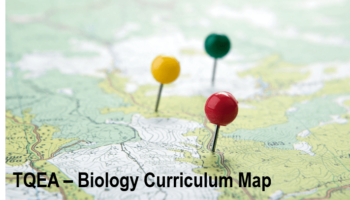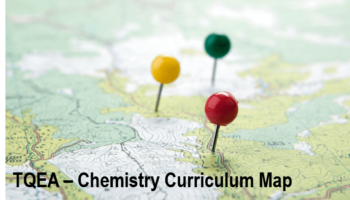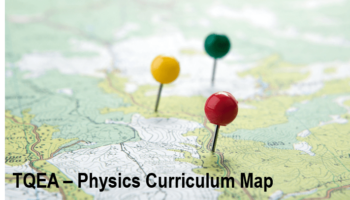Curriculum Area: Science
Curriculum Leader: Miss K Rowan
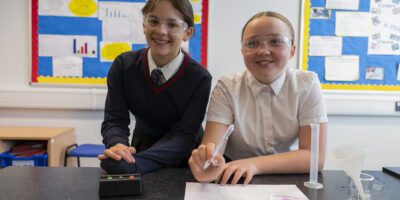
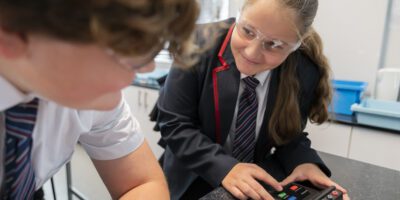
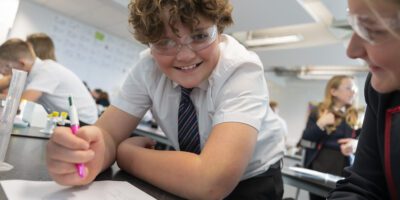
Intent
- Science teaching at TQEA will develop a deep understanding of a range of scientific ideas in the subject disciplines of biology, chemistry and physics. Pupils will make connections between these subject areas and become aware of many of the big ideas underpinning scientific knowledge and understanding. To support this, the design of Knowledge Organisers has been carefully planned and aligned to the curriculum narrative. KOs are carefully embedded into the curriculum structure to ensure that this meets the need for improving literacy and provides opportunities for retrieval practice. This also ensures that new key language is introduced, explained and modelled when building on prior learning.
- Pupils will be able to decide on the appropriate type of scientific inquiry to undertake to answer their own questions and develop a deeper understanding of factors to be considered when collecting, recording, processing and evaluating data. They will develop their literacy, numeracy and ICT skills in a range of practical and theoretical contexts.
- We will enrich our curriculum by giving pupils opportunities to equip themselves with the tools needed to access their learning, for example, by research projects, visiting speakers and visits to local and national sites of scientific interest, both physically and virtually.
- Incorporate the 4 pillars of curriculum design ensuring that we produce students that can compete nationally and globally in any career: Personal Development and Empowerment; Subject Capital; Employability Capital; Social and Cultural Capital
- For some students, studying the sciences will provide the platform for more advanced studies, establishing the basis for a wide range of careers. For others, it will be their last formal study of subjects that provide the foundations for understanding the natural world and will enhance their lives in an increasingly technological society.
- Science is changing our lives and is vital to the world’s future prosperity. The sciences will be taught in ways that ensure students have the knowledge to enable them to develop curiosity about the natural world and an appreciation of the relevance of science to their everyday lives.
Welcome to the Science Department
More focus on reading and extracting information, with most modules having a reading resource that goes with it- this has improved literacy, and also allowed us to look at application of knowledge outside the curriculum
What are we most proud of?
The way the department has worked together to produce a curriculum that we all support and are all invested in. Every member of staff has contributed to the design of the curriculum and how it is delivered
A spiral curriculum that allows revisiting and cementing of previous knowledge
Thanks to a loan from NASA and the Science and Technology Facilities Council students had the opportunity to view and handle a selection of rocks from the moon and space.

